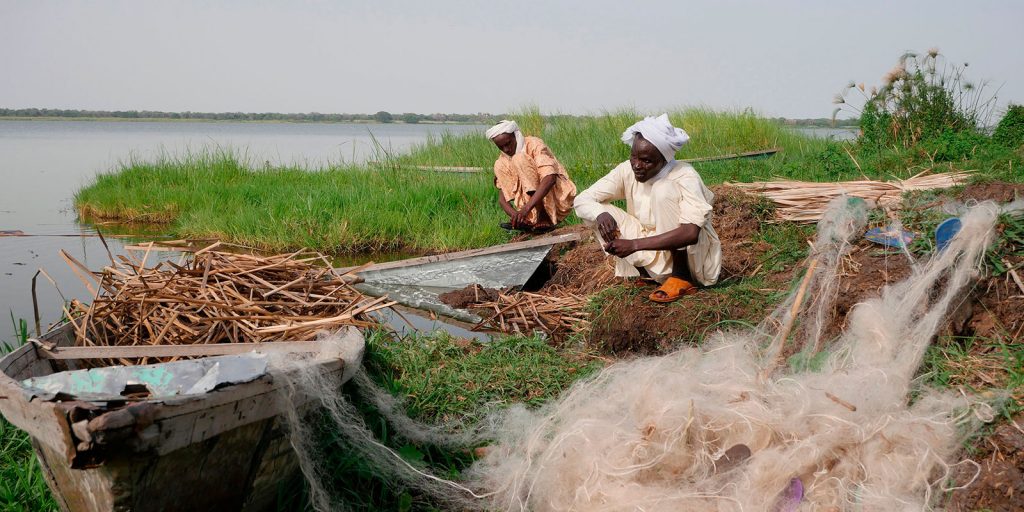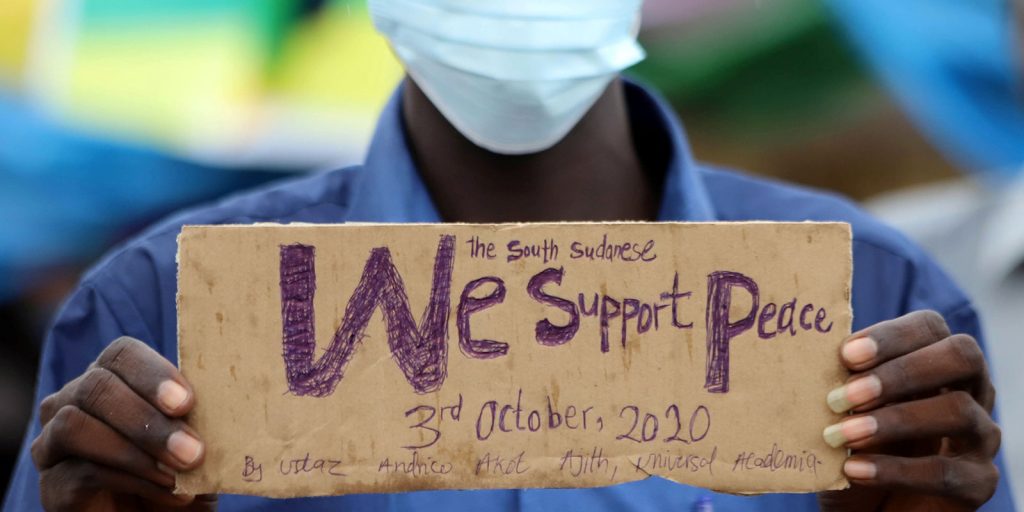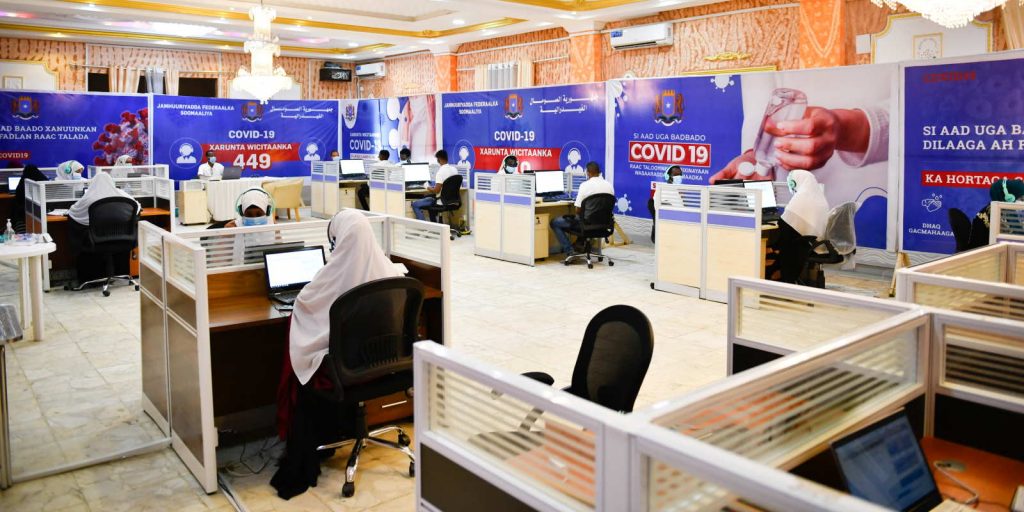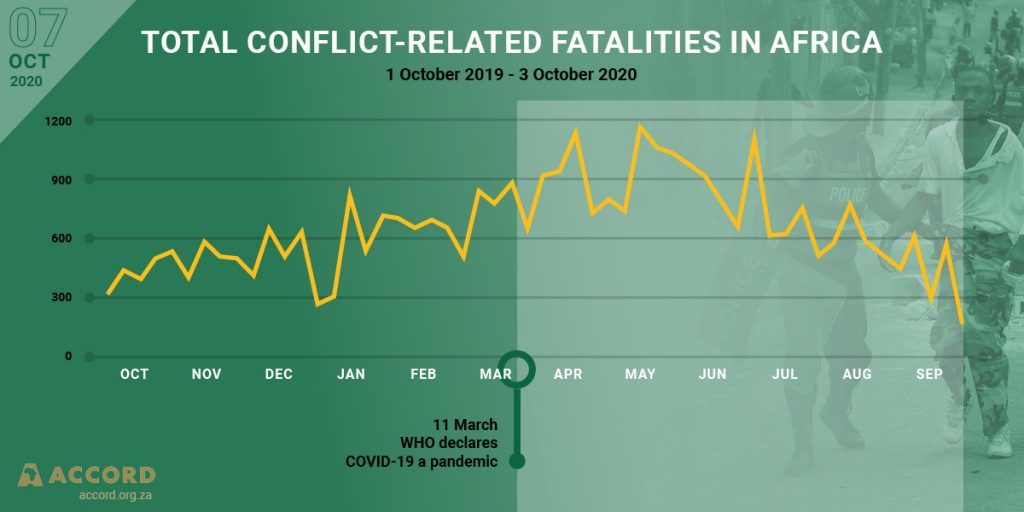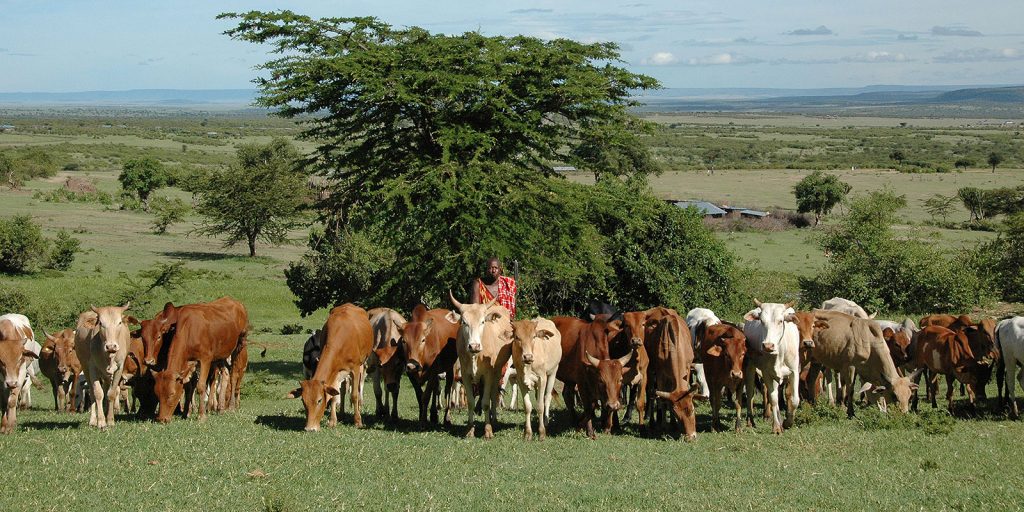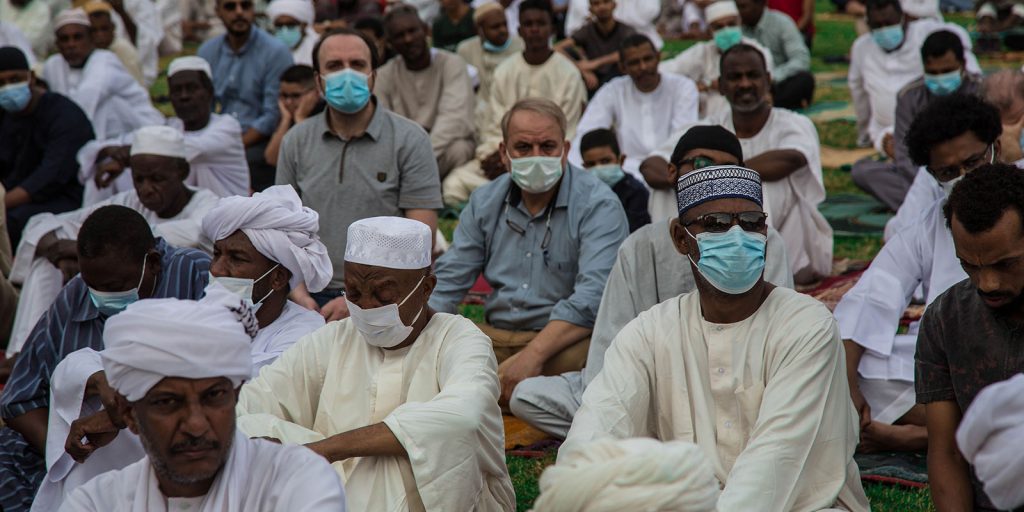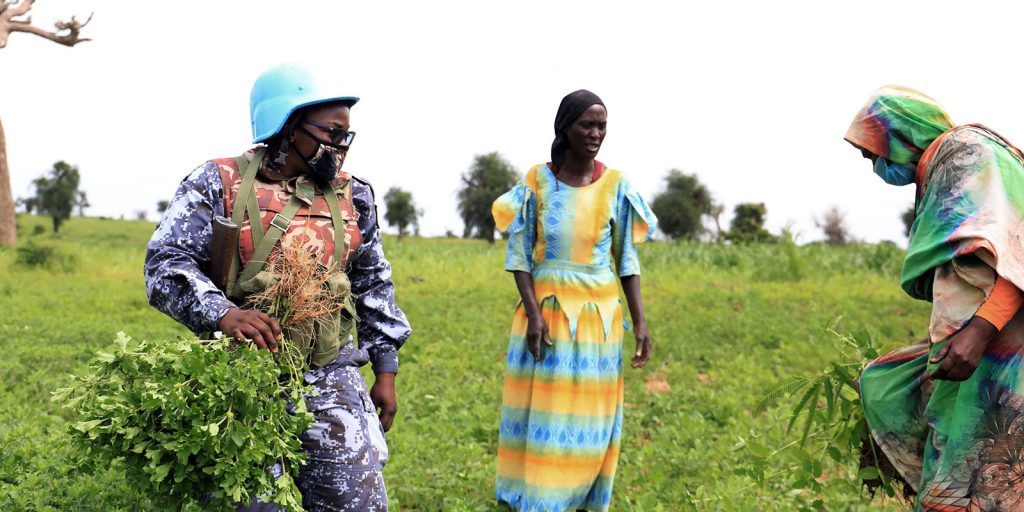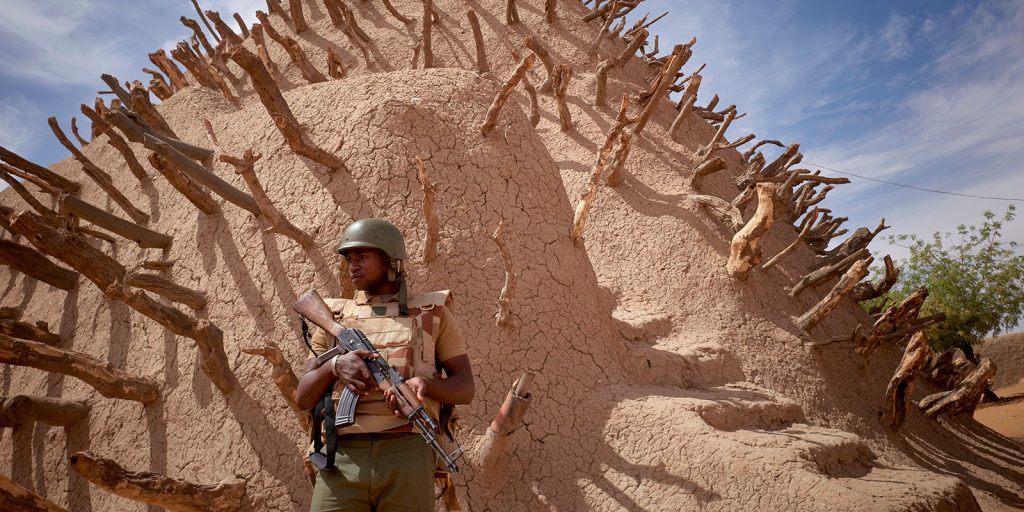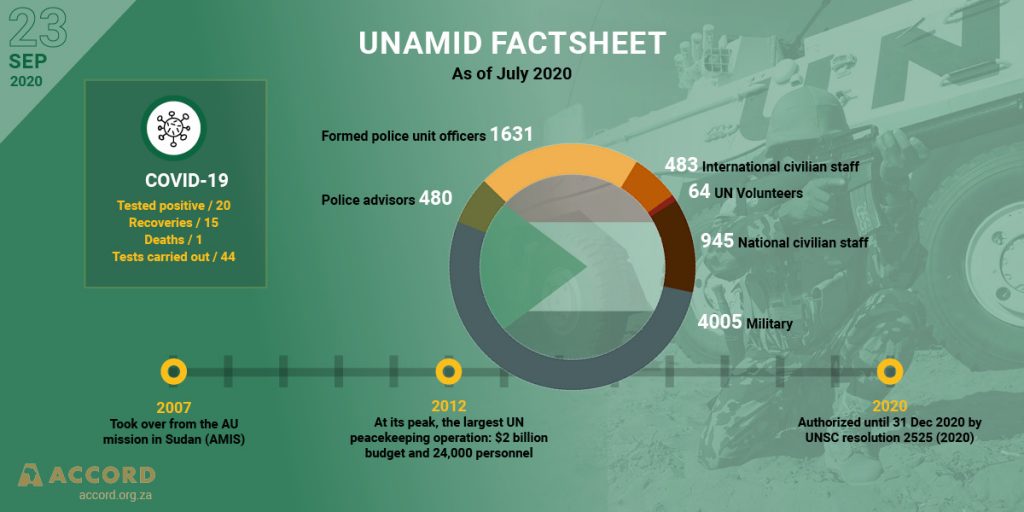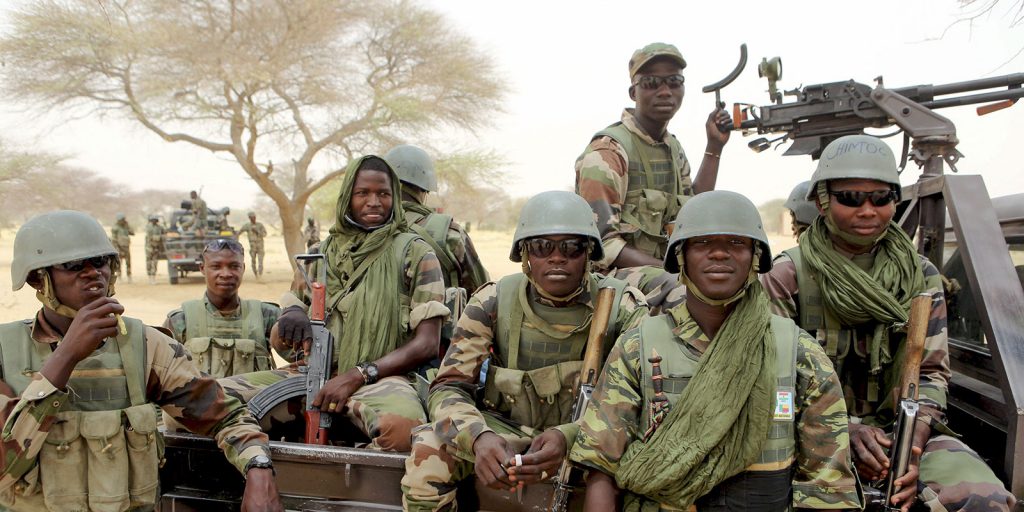
Climate change, COVID-19 and the Lake Chad conflict
Climate change is contributing to shaping the security and development context around the Lake Chad Basin. The governance deficits, underdevelopment and socio-economic plight of communities living in the Lake Chad Basin have been further exacerbated by environmental stresses and, most recently, also by the COVID-19 pandemic. Climate-related droughts exacerbate water shortages and related stresses, aggravate existing social vulnerabilities and impair the abilities of communities to adapt to changes in their social-ecological systems.

